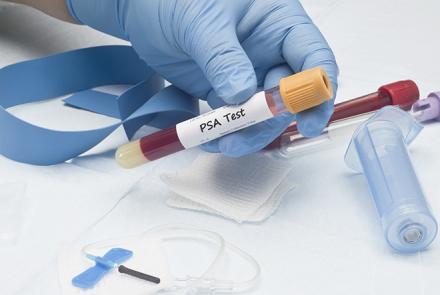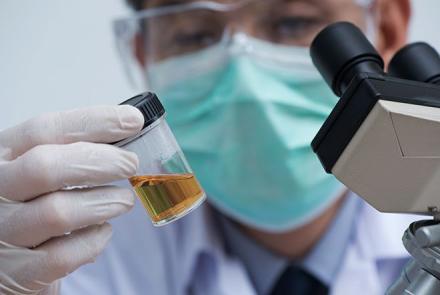
What tests do you need to have done
1. Personal and family history
The doctor will ask about your medical history and whether or not any close relatives were diagnosed with prostate cancer. He or she may also ask about certain symptoms that might indicate prostate disease (including cancer). Waking during the night to urinate, frequent need to urinate, or difficulty starting or stopping while urinating may indicate that your prostate is enlarged. These symptoms suspect but do not raise the risk of prostate cancer.
2. Digital rectal exam (DRE)
This involves the doctor placing a gloved, lubricated finger into the rectum and feeling the back portion of the prostate gland. Because prostate cancer usually grows in the outer areas of the gland, it can usually be felt by a finger. In fact, some cancers can be felt that do not show up on blood test results.
However, the finger cannot reach all the way around the gland, and small cancers are often not felt, so many prostate cancers will be missed by DRE.
If you have a positive DRE test, your doctor will arrange a prostate biopsy. However, only 1 of 3 positive DRE tests shows cancer when a biopsy is performed.
3. Prostate Specific Antigen (PSA) Test
It is a substance produced by the prostate and released into the blood. A standard blood test can be performed to check the PSA level. In general, the higher the PSA level in the blood, the more likely it is that a prostate problem is present.
Other problems with the prostate, such as benign prostatic hypertrophy (BPH) or an infection, also cause high PSA level. Like DRE, PSA tests often are positive when cancer is not present.
If 100 men over age 50 had the test, 85 would have a normal PSA level and 15 would have a high PSA level. After further tests of the 15 men with the high PSA levels, on average 3 would have cancer (in other words, an average of 1 cancer is found for every 5 biopsies).
Advantages and disadvantages of PSA testing
Advantages
PSA testing can find some cancers earlier than other tests, such as the digital rectal exam.
Earlier detection may allow some prostate cancers to be cured with surgery or radiation treatment.
PSA tests, and resultant diagnosis and treatment for prostate cancer may lower a man’s chances of dying of prostate cancer by a small amount (from 30 per 1,000 to 24 per 1,000). A normal PSA test result can provide peace of mind.
Disadvantages
Elevated PSA levels may cause anxiety that is not relieved, even with a negative biopsy. The PSA test result can be elevated even when a man does not have prostate cancer (a “false positive” test).
The PSA test result can be normal even when a man does have prostate cancer (a “false negative” test).
4. Biopsy
To confirm or rule out prostate cancer, your doctor may order a biopsy, in which small samples of your prostate are removed (by needle) and examined by a Histopathologist. Biopsies can sometimes cause bleeding or infection.
5. Imaging scans
Scans such as MRI and PET may be done to determine spread of the cancer. A newer PET scan called PSMA is an imaging test done to scan the entire body for any prostrate cancer cells using radioactive antigen dye, making it a more specific test.
















